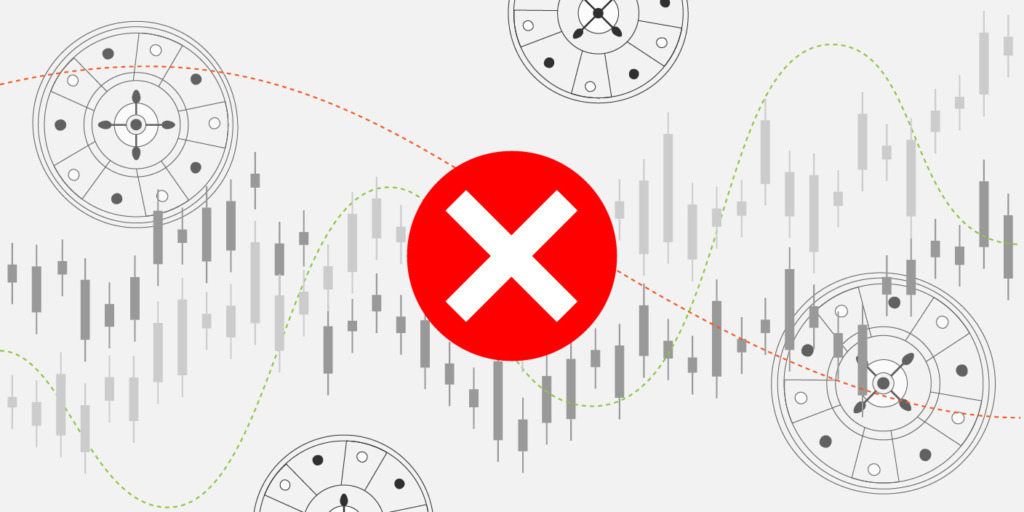

The first trading year is important and must be given maximum attention. It would help if you cultivated the right trading habits and mastered some skills such as; market analysis, forecasting, and investments.
Since the market is always active and moving around the clock, five days a week, you could do business regardless. However, it would be best if you have complete control of your responses to the market and events.
These seven guidelines can help you become a more successful trader in your first year. You must take the initiative to ensure that these practices become permanent in your trading.
1. Implement a trading strategy from day 1
A trader’s trading strategy lays out the parameters by which they will enter and exit trades and how funds will be allocated across all trades. Technology has made it simple to simulate trading scenarios before investing funds in them.
You can assess the viability of your trading strategy by applying it to past data, a process known as backtesting. If the results of the backtesting of a trading strategy hold up, then it can be employed in live trading.
There will be moments when your trading strategy fails. Consistency in following the strategy is essential. It’s a bad strategy to make trades that deviate from your trading plan, even if they end up profitable.
2. Never engage in gambling

There are dangers involved, but competent traders will only accept those they are sure they can mitigate. A blind trader is a gambler, and gamblers never win. Only enter a trade after thoroughly researching the market and weighing the chances.
Trading requires much forethought. You can’t let chance or impulse dictate when and how you make deals.
3. Leverage the use of technology
The business of trading is very demanding. Everyone knows that the opposing side of a deal is using every bit of cutting-edge equipment at their disposal.
Traders could study the markets unlimitedly with the help of charting systems. In addition, traders can track transactions from any location with access to real-time market data through their smartphones.
High-speed internet access and other technologies we often take for granted can significantly improve trading performance. Making the most of modern tools and being updated on emerging commodities could be a lot of fun.

4. Never throw all—be cautious with risk-taking

It takes time and works to accumulate the funds necessary to establish a trading account. Therefore, the second time around might be much more challenging.
Being cautious with risk taking is important, especially as a starter. If you want to keep your trading firm afloat and your investments safe, you must avoid taking any careless risks.
5. Adjust your expectations—Be realistic
Luck does not play a role in this situation in any way. You will have several setbacks. However, you must maintain optimism even in the bleakest circumstances.
Part of this comes from being disciplined and committed to your trading strategy. Your foresight and meticulous preparation will pay off in the end.
You should also note the presence of outliers. In some instances, you may make a day’s profit of 20%. Sometimes you can recover 20% of your loss, while you lose 20% other times. Please don’t lose sight of your accomplishments, but don’t let them get in the way of your motivation either.
6. Always use stop losses
Each transaction should have a defined stop loss, the maximum loss the trader is ready to take. The stop loss can be a fixed monetary sum or a trade’s total value percentage.
Even if it results in a profitable transaction, failing to use a stop loss is a terrible idea. Despite recording progress, without the use of stop losses, you would certainly struggle in the long term.
7. Learn constantly
When it comes to trading, you should always expect tremendous volatility and constant change. Therefore, preparing for the unexpected is essential.
Acquire a thirst for knowledge and stay current by reading trading books and blogs, following the strategies of other successful traders, and participating in educational webinars and seminars.
Bottom line
Your first trading year is very important. And your success heavily depends on your grasp of these trading principles and ethics.
Trading is challenging work, but self-disciplined and patient enough to follow these guidelines have a better chance of success in a market riddled with intense competition.








